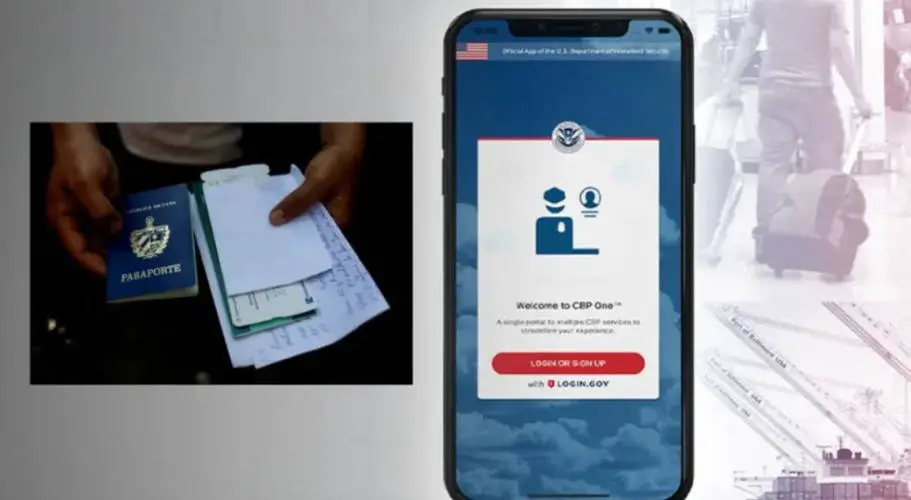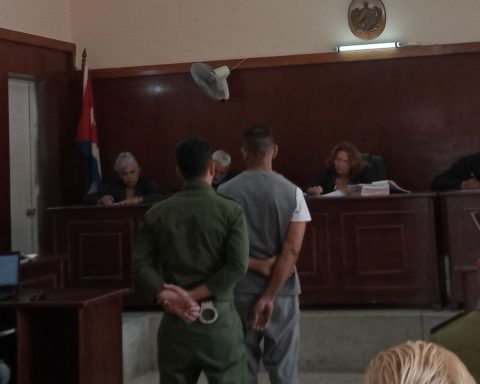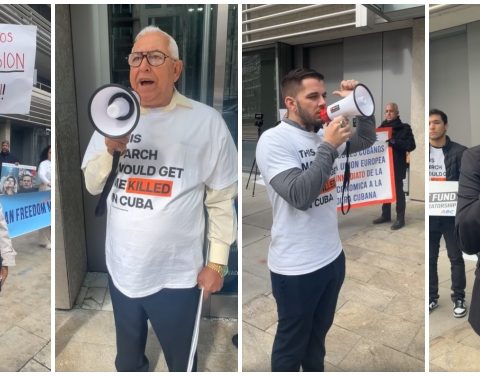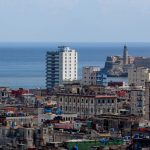MIAMI; USA. — Around 14,000 Cubans have entered the United States thanks to the humanitarian parole program, launched on January 5 by the Biden administration with the aim of stopping the migration crisis on the border with Mexico.
A chain report Univision indicates that, in addition to the 14,000 Cubans, around 32,000 Venezuelans, 18,000 Haitians and 7,000 Nicaraguans have entered the US. It should be noted that in the case of Venezuela the program had been active since October.
In total, 71,000 requests for humanitarian parole have been accepted, figures less than 30,000 per month, the maximum limit set by the authorities for the four countries.
Sources from the Department of Homeland Security assured Univision that the program has been “a resounding success” that demonstrate the effectiveness of the legal, orderly and safe transit of migrants to the US.
“The program is a resounding success. People prefer legal paths rather than paying a trafficker,” the federal entity said.
Similarly, the humanitarian parole policy would have reduced the flow of migrants across the US-Mexico border by almost 90%.
The humanitarian parole has generated controversy among Cubans both inside and outside the island. Third-party scams, difficulties accessing the application CBP One and deportations have been some of the situations that have occurred over the months.
The program has also been used by repressors of the regime to emigrate to the United States with his family. Such is the case of Eduardo Velazquez Infantea former official of the Ministry of the Interior (MININT) and persecutor of opponents and independent journalists in Las Tunas, who was recently admitted.
Days before, three young cubans who had traveled the same route were returned to the island after being interviewed by an immigration officer at Miami International Airport.














